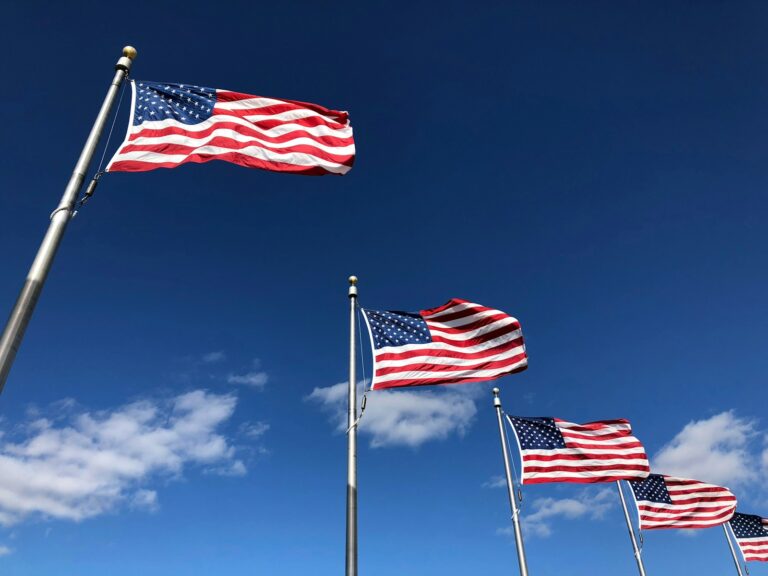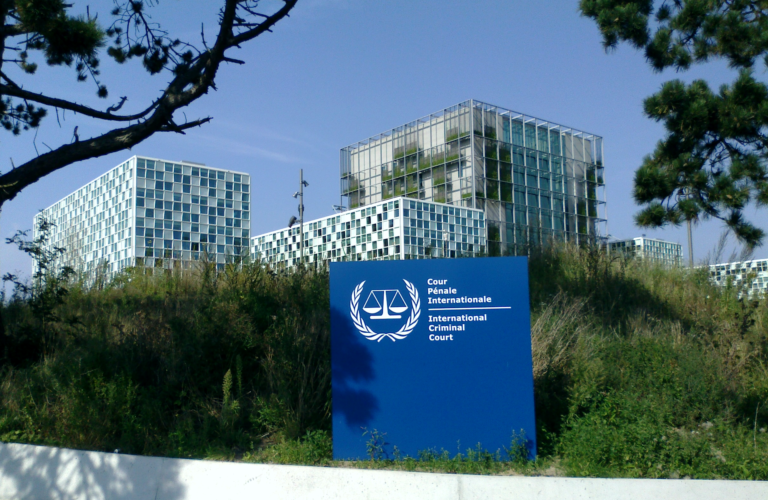Key Takeaways:
- President Trump’s 79th birthday celebration will combine with Flag Day and the U.S. Army’s 250th anniversary in Washington, D.C.
- The event will feature a large military parade, causing major disruptions and flight cancellations.
- The Archdiocese of Chicago will counterprogram with a mass event honoring Pope Leo XIV, selling 20,000 tickets quickly.
- The two events highlight contrasting themes of military display and faith unity.
President Trump’s Birthday Parade to Disrupt Washington, D.C.
President Donald Trump’s 79th birthday is set to be a grand affair, combining with Flag Day and the 250th anniversary of the U.S. Army. The celebration will feature a military parade in Washington, D.C., drawing inspiration from France’s Bastille Day parade. However, this spectacle is expected to cause significant inconvenience, with major flight disruptions and road closures anticipated.
The parade will showcase 28 M1A1 Abrams tanks, 28 Stryker carriers, over 100 vehicles, 6,700 soldiers, 50 helicopters, 34 horses, two mules, and a dog. This display is reminiscent of authoritarian regimes, drawing comparisons to North Korea’s military parades. The event will shut down Washington, D.C.’s airport for several hours, affecting over 100 flights and thousands of passengers.
Tickets for the event are still available, though the scale and logistics are raising concerns. The New York Times noted that the Army did not hold a parade for its 200th anniversary, highlighting the uniqueness of this event.
Archdiocese of Chicago Counters with Papal Mass
While Washington, D.C. prepares for a military spectacle, the Archdiocese of Chicago is offering a contrasting event: a mass celebrating faith, unity, and community spirit. Although Pope Leo XIV won’t attend in person, a video message from the former Chicago cardinal will be featured at the White Sox stadium.
The event has already sold 20,000 tickets at $5 each, with all tickets sold out by Friday. The mass will also be streamed online, appealing to a broader audience and providing an alternative to the military parade.
MSNBC’s John Heilemann noted this counterprogramming, emphasizing the contrast between the two events. While the military parade symbolizes power and authority, the Chicago mass represents faith and community.
A Tale of Two Events: Power vs. Faith
Both events, though different in nature, are designed to captivate their audiences. The military parade in Washington, D.C. aims to showcase national strength, while Chicago’s mass focuses on spiritual unity. For those not attending, both events will be televised spectacles, each reflecting distinct American values.
John Heilemann pointed out that for most Americans, these events will be TV experiences, emphasizing their symbolic importance. The choice between watching a military parade or a papal mass highlights the diversity of American interests and values.
Conclusion
President Trump’s birthday celebration and the Archdiocese of Chicago’s mass represent two sides of the American coin: one of military might and national pride, the other of faith and community. Both events aim to unite their audiences, albeit through different means. As the nation observes these contrasting events, they reflect the diverse fabric of American culture and interests.










